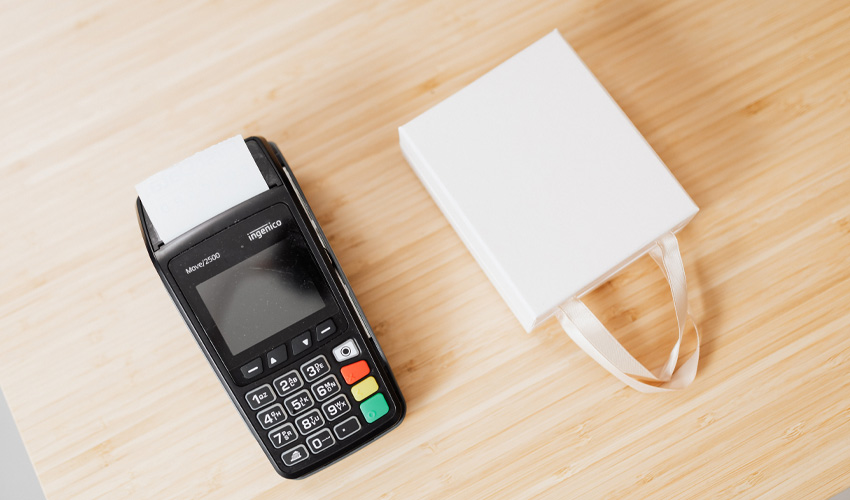Last Modified: October 17th, 2023
4 min read
-
Here are some of the popular payments gateways that work with NetSuite:
-
NetSuite SuitePayments
-
Some important benefits of integrating NetSuite with your payments gateway
-
What you need to remember in choosing a payments gateway for NetSuite
-
We have extensive experience integrating with a variety of different gateways.
A payment gateway is a solution that authorizes payments for e-commerce transactions. Payment gateways are usually provided by third-party companies, such as PayPal or Stripe, and act as a kind of middleman between merchants and their customers. When a customer makes a purchase, the payment gateway will verify the customer’s credit card information and then send the funds to the merchant.
There are many different types of payment gateways, but they all have one common goal: to make it easy for customers to buy products and services online. In addition to credit cards, some payment gateways can also process other types of payments, such as debit cards, ACH transfers, and even cryptocurrency.
Here are some of the popular payments gateways that work with NetSuite:
Authorize.Net
- Authorize.Net is one of the most popular payment gateway providers. Since it is based on simple API integration, it’s easy to set up and use. It also offers a wide range of features, such as fraud detection, recurring billing, and support for multiple currencies.
Braintree
- Braintree is a PayPal company that provides a powerful payment gateway solution. It offers many features, such as one-touch payments, support for multiple currencies, and the ability to process mobile payments.
CyberSource
- CyberSource is a Visa company that provides a range of payment gateway solutions, including fraud management and data security. This integration allows businesses to manage all of their financial operations in one place, streamlining their workflow and improving efficiency.
PayPal
- PayPal allows businesses to accept payments from customers both online and in-store. It allows processing payments quickly and easily; viewing payments data in one place; automatic update in NetSuite account with the new payment information, and sending invoices and receiving payments directly in NetSuite.
Solupay
- Solupay offers seamless, one-click integration with NetSuite, the world’s leading cloud-based business management software. This means that you can use Solupay to accept payments on your NetSuite-powered website, and manage all of your billing and invoicing in one place. With Solupay, you can focus on running your business, not on payments.
Stripe
- Simplify your billing process and reduce the risk of data breaches. You can connect your Stripe account to your NetSuite account, which will allow you to automatically import your Stripe transactions into NetSuite. This will make it easier to track your expenses and revenue, as well as manage your financial data in one place. You can also automatically generate invoices in NetSuite based on your Stripe transactions. This can save you from having to manually enter data into NetSuite and can help ensure that your invoices are accurate.
NetSuite SuitePayments
NetSuite also offers its own payment gateway, called SuitePayments, which is a comprehensive payments solution that includes support for major credit cards, debit cards, ACH transfers, and even Bitcoin. SuitePayments is fully integrated with NetSuite, so you can easily view and manage all of your payments in one place.
Learn more about NetSuite SuitePayments>>
The best way to choose a gateway is to evaluate your needs and then select a gateway that meets those needs. For example, if you’re looking for a gateway that can process international payments, you’ll want to choose a gateway that supports that.
Some important benefits of integrating NetSuite with your payments gateway
PCI compliance
When credit card information is processed through a payment gateway, it is encrypted and secure. This helps to protect both the customer’s information and the merchant’s account.
Frictionless payments
A payments gateway can help to reduce the friction involved in making online payments. By speeding up the payment process, gateways can make it easier for customers to buy products and services online.
Efficient order management
Gateways can also help to streamline the order management process. When orders are processed through a payment gateway, all of the relevant payment information is automatically captured and stored in the gateway’s database. This can make it easier for merchants to track their sales and manage their finances.
Relatively lower transaction fees
Payment gateways typically charge a per-transaction fee, which can be lower than the fees charged by credit card processors. This can help to keep costs down for merchants who process a lot of online payments.
There are many different types of payment gateways out there, but they all have one common goal: to make it easy for customers to buy products and services online. In addition to credit cards, some payment gateways can also process other types of payments, such as debit cards, ACH transfers, and even cryptocurrency.
What you need to remember in choosing a payments gateway for NetSuite
When you’re looking for a payment gateway for your NetSuite account, there are a few things to keep in mind.
- First, you’ll need to make sure that the gateway you choose is compatible with NetSuite;
- Second, you’ll want to consider the fees associated with the gateway;
- And finally, you’ll want to make sure that the gateway integrates well with NetSuite.
We have extensive experience integrating with a variety of different gateways.
If you’re not sure which payment gateway is right for you, our team can help. We have years of experience working with different gateways and can recommend the best one for your needs. Contact us to get a no-obligation, no-cost, and free consultation.
Serge is a Managing Partner and the head of sales and business development.
Published on: March 16, 2022

